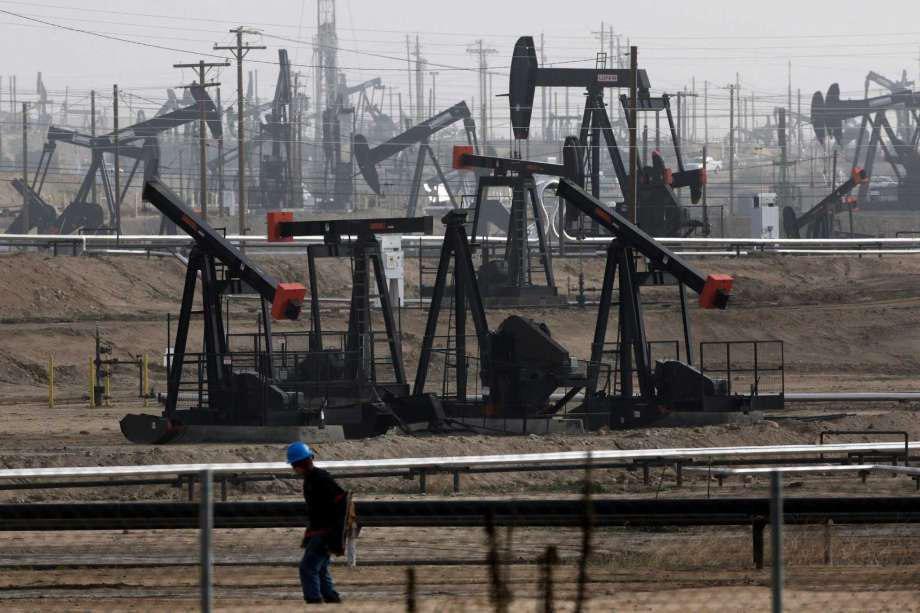HOUSTON, March 2 (Xinhua) — The oil and gas sector in the United States' Houston area might suffer from the White House's steep tariff measure on steel and aluminum imports, a U.S. economist said Friday.
Ed Hirs, who teaches energy economics at the University of Houston, told the local Houston Public Media that the oil and gas sector in Houston and the Gulf Coast region might be impacted the most by the tariffs, as the area consumes thousands of tons of steel in drilling, pipeline and refining operations.
The Gulf Coast is an area in the southern United States along the northern portion of the Gulf of Mexico.
U.S. President Donald Trump announced his plan on Thursday to protect the steel and aluminum industry by imposing a 25 percent tariff on imported steel and a 10 percent tariff on imported aluminum, which will come into effect next week.
The United States is the world's largest steel importer, according to the U.S. Department of Commerce.
Trump's planned tariffs have sparked anger from Canada and the European Union (EU). Canadian Trade Minister Francois-Philippe Champagne said on Thursday that any U.S. tariff or quota imposed on Canada's steel industry would be "unacceptable." Meanwhile, the EU has vowed to take retaliatory measures.
U.S. domestic steel mills and metal producers welcomed Trump's tariff plan. However, the manufacturing companies buying metals to produce industrial products and other construction projects would all see increased raw material prices under the plan.
Houston is known as the oil and gas capital of the world as well as the home to one of the largest petrochemical manufacturing centers in the world.


